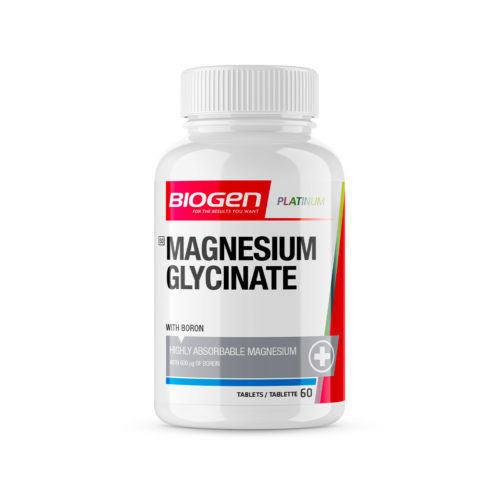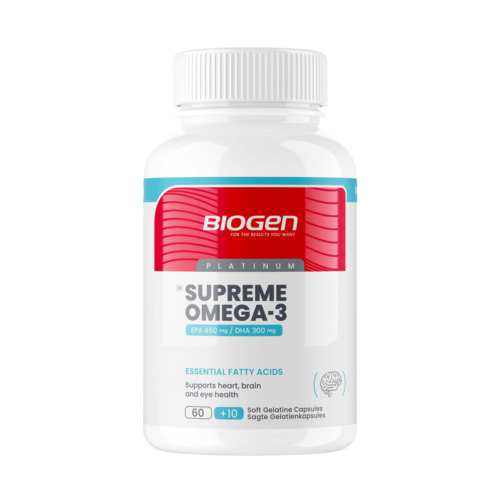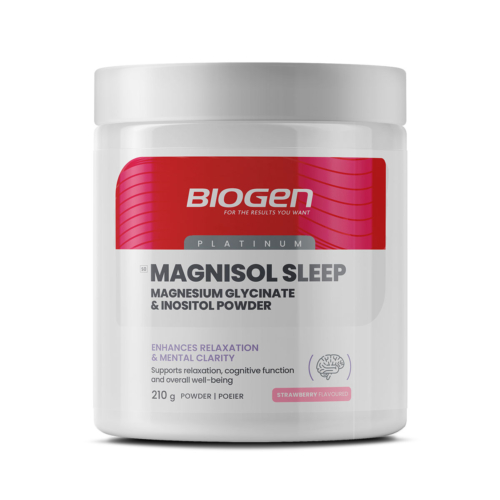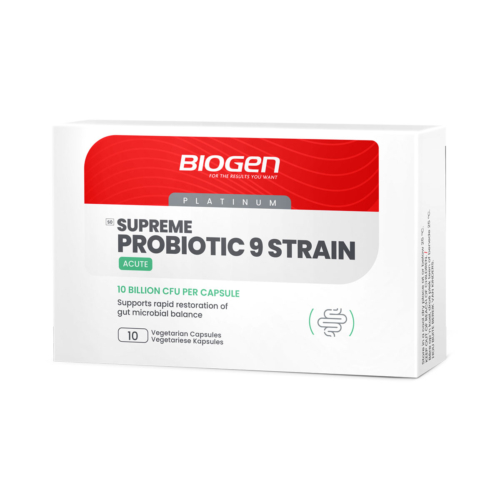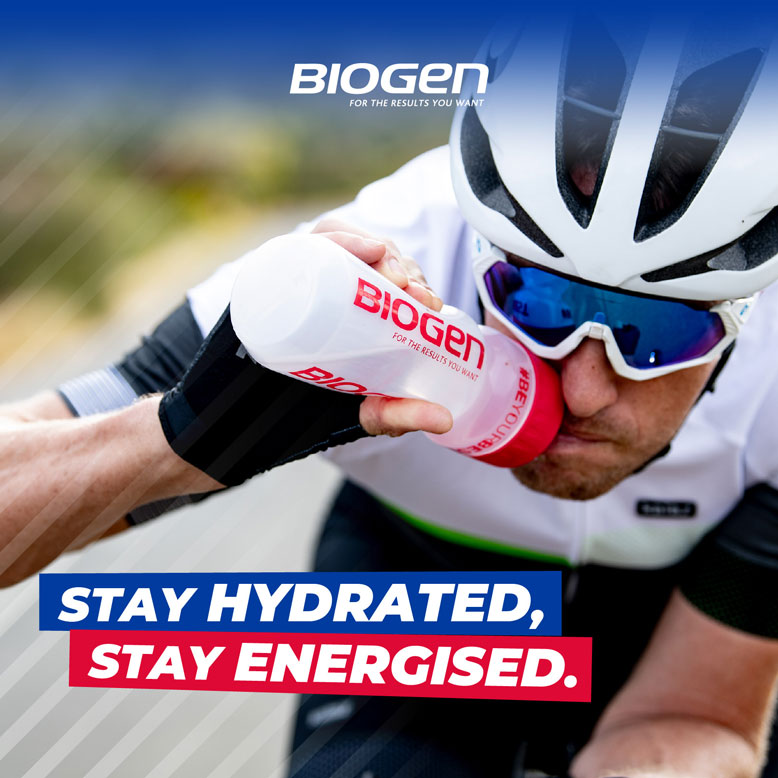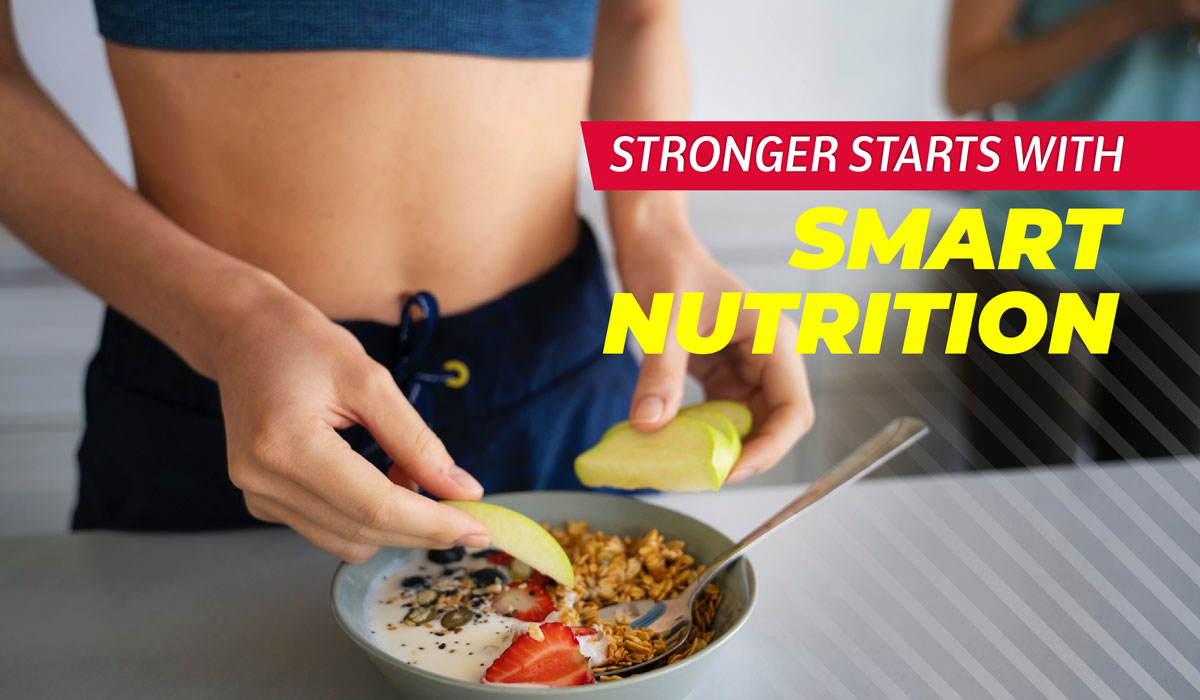
Smart Nutrition Strategies for Energy, Recovery, and Immune Support That Keep You Performing at Your Best
We all know that food is fuel, but are you filling up with the right kind to for high-octane energy and optimal recovery and immune function?
Whether you’re chasing energy to power through your day, building strength for your next workout, or simply trying to stay healthy, what you eat matters more than you might think.
The good news is that you don’t need a complicated meal plan to feel and perform your best. It’s all about understanding what your body needs and making smart choices that support your goals and keep you feeling amazing.
Eating for Energy
Ever hit that mid-afternoon slump and reach for a sugary snack, only to crash harder an hour later? The key to sustained energy isn’t about eating more, it’s about eating smarter.
While carbohydrates often get a bad rap, they’re actually an important source of energy for your body. The trick is choosing the right ones at the right time.
Your body converts all carbs into glucose, which fuels everything from your morning workout to your afternoon work meeting or study session. But not all carbs are created equal.
- Simple carbs (white bread, candy, and sugary drinks) give you a quick burst of energy, but you’ll fade fast. These carbs spike your blood sugar, trigger an insulin rush, and leave you feeling flat and craving more sugar soon after.
- Complex carbs release energy slowly and steadily, keeping you fuelled throughout the day without the crashes. Foods like sweet potatoes, rolled oats, basmati rice, and rye bread are ideal options.
A smart way to benefit from simple and complex carbs is to get your timing right!
Save simple carbs for before or during exercise when your body can use that quick burst of energy. For the rest of your day, stick with complex carbs from whole food sources. This approach keeps your blood sugar stable and your energy consistent.
The Protein Powerplay
If you’re working on getting stronger, you need to make protein a priority. While carbs give you energy for those powerful muscle contractions, protein provides the building blocks that repair and grow your muscles.
The basic recommendation for sedentary adults is about 0.8 grams of protein per kilogram of body weight. But if you’re active, aim to double that to around 1.6g/kg to maximise your strength gains and support your recovery needs.
The ideal protein powerplay is simple: eat protein at every meal. Focus on getting most of your carbs before and after your workouts (paired with protein for optimal recovery), then combine protein with healthy fats at your other meals throughout the day.
Quality protein sources include:
- Lean meats and poultry
- Fish
- Dairy products
- Quinoa and other grains
- Eggs
- Hemp seeds
The Fat Factor
And don’t skimp on natural fats! Healthy fats should make up about 20% of your calories. They’re essential for producing and maintaining the hormones that help you build muscle and support your recovery.
Include foods like avocados, nuts (especially walnuts), seeds, and fatty fish in your diet.
You also need some saturated fat for hormone production, particularly testosterone – just keep it to 10% or less of your daily calories.
Fortify Your Immune Defences
While the macronutrients – proteins, fats and carbs – are the main players in supporting energy and recovery, when it comes to your immune system, it is micronutrients (vitamins and minerals) that matter most.
For this reason, eating for immunity should focus on eating a wide range of colourful and natural whole foods. These foods are packed with antioxidants that keep the cellular damage caused by stress, pollution, and infections in check by neutralising free radicals.
The superstar antioxidants for immunity include beta-carotene (found in orange and red vegetables), vitamin C (citrus fruits and bell peppers), and vitamin E (nuts and seeds have you covered)¹.
Getting more omega-3 essential fatty acids delivers added anti-inflammatory benefits, which provide both recovery and immune support benefits². These “good” fats are called “essential” for a reason, as your body can’t make them, so you must get them from food.
Ideal sources include fatty fish (salmon, mackerel, sardines, and anchovies), walnuts and seeds (chia, hemp and flaxseeds), and fish oil or algae-based supplements, like Biogen Supreme Omega-3.
When it comes to optimal immune function, minerals matter³! Important minerals include zinc and selenium because your infection-fighting cells can’t function properly without them.
Magnesium is another mighty mineral, as it plays a crucial role in energy production, helping convert the food you eat into usable fuel. It’s also essential for muscle function, helping your muscles contract and relax properly, and supporting immunity by activating immune cells and controlling inflammation.
When you’re stressed, sick or exercising intensely, your magnesium needs increase. Unfortunately, many people don’t get enough of this vital nutrient, which can leave you feeling fatigued, experiencing muscle tension, or struggling with poor sleep quality.
This is where a magnesium supplement like Biogen Magnisol Sleep, or Biogen Magnesium Glycinate can help.
Ideal dietary sources of magnesium include:
- Dark leafy greens (spinach and Swiss chard)
- Nuts and seeds (pumpkin seeds and almonds)
- Whole grains and legumes
- Dark chocolate
- Avocados
- Bananas
Probiotic Partners
Another important consideration is your gut health, not only because you need to support healthy digestion to get all the nutrients from your food and supplements, but your gut also plays an important role in your immune response.
Probiotics – the beneficial bacteria that live in your digestive system – help fight off harmful invaders⁴, and help you absorb nutrients more efficiently, which supports both energy production and recovery!
We get these living organisms from fresh foods, including:
- Cultured dairy (yoghurt and kefir)
- Sauerkraut and kimchi (both made from cabbage)
- Kombucha
- Miso and tempeh
- Pickled vegetables (naturally fermented)
Pairing probiotics with prebiotics from fibre-rich foods like onions, garlic, bananas, and oats gives these beneficial bacteria the fuel they need to thrive. You can also support a balanced and flourishing microbiome (your gut environment and the organisms that live there) with probiotic supplements, like Biogen Supreme 9-Strain.
Getting the Basics Right
Whether you’re eating for energy, recovery, or immunity, the fundamentals remain the same: choose whole, natural foods; time your nutrients strategically; and listen to your body. You don’t need to be perfect, just consistent.
Remember, food isn’t just fuel. It’s information for your body, telling it how to perform, recover, and protect itself. When you make smart food choices and eat with intention and awareness, you’re not just feeding yourself, you’re investing in your overall health and supporting everyday wellness.
NUTRITION ALLIES FOR ENERGY, RECOVERY & IMMUNITY
REFERENCES:
- Bendich A. Physiological role of antioxidants in the immune system. J Dairy Sci. 1993 Sep;76(9):2789-94. doi: 10.3168/jds.S0022-0302(93)77617-1. PMID: 8227682.
- Simopoulos AP. Omega-3 fatty acids in inflammation and autoimmune diseases. J Am Coll Nutr. 2002 Dec;21(6):495-505. doi: 10.1080/07315724.2002.10719248. PMID: 12480795.
- Stefanache A, Lungu II, Butnariu IA, Calin G, Gutu C, Marcu C, Grierosu C, Bogdan Goroftei ER, Duceac LD, Dabija MG, Popa F, Damir D. Understanding How Minerals Contribute to Optimal Immune Function. J Immunol Res. 2023 Nov 1;2023:3355733. doi: 10.1155/2023/3355733. PMID: 37946846; PMCID: PMC10632063.
- Yan F, Polk DB. Probiotics and immune health. Curr Opin Gastroenterol. 2011 Oct;27(6):496-501. doi: 10.1097/MOG.0b013e32834baa4d. PMID: 21897224; PMCID: PMC4006993.


